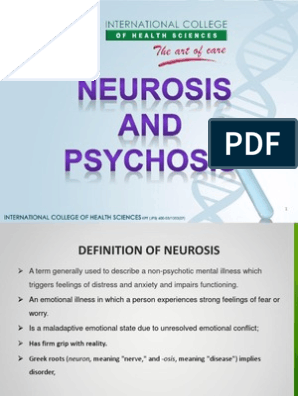0% found this document useful (0 votes)
65 views16 pagesLesson Plan On Meningitis
The document outlines a comprehensive educational plan on meningitis, detailing its definition, etiology, classification, clinical features, diagnostic evaluation, management, nursing care, and complications. It aims to provide a thorough understanding of meningitis, including its causes and treatment options. The content is structured for a lecture format, incorporating teaching aids and evaluation methods.
Uploaded by
Gunda kinarmai.gundaCopyright
© © All Rights Reserved
We take content rights seriously. If you suspect this is your content, claim it here.
Available Formats
Download as DOCX, PDF, TXT or read online on Scribd
0% found this document useful (0 votes)
65 views16 pagesLesson Plan On Meningitis
The document outlines a comprehensive educational plan on meningitis, detailing its definition, etiology, classification, clinical features, diagnostic evaluation, management, nursing care, and complications. It aims to provide a thorough understanding of meningitis, including its causes and treatment options. The content is structured for a lecture format, incorporating teaching aids and evaluation methods.
Uploaded by
Gunda kinarmai.gundaCopyright
© © All Rights Reserved
We take content rights seriously. If you suspect this is your content, claim it here.
Available Formats
Download as DOCX, PDF, TXT or read online on Scribd
/ 16







































































































